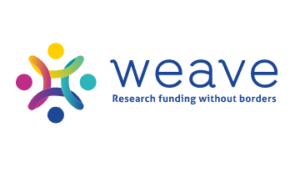With the support of Science Europe, 12 national research funding organisations, including the FNR, have launched the cross-European initiative Weave. The aim is to fund and support excellent international research projects. It is the first time a large network of this scale has developed an initiative of this kind to enable bilateral and trilateral scientific cooperation in Europe. Further information for Luxembourg-based researchers is now available.
Weave aims to simplify the submission and selection procedures of collaborative research proposals involving researchers from up to three European countries or regions with a single evaluation. It makes use of existing national or regional funding programmes, through which research projects will be financed. It seeks to make it easier for researchers to collaborate across borders. It also ambitions to increase the capacity of researchers to freely determine the composition, focus, and content of their projects. 
It builds on the Lead Agency Procedure, through which a single funding organisation evaluates proposals put forward by an international team of researchers and communicates the funding recommendation to the other funders involved. In practice, the researchers choose a coordinating applicant, who submits the joint proposal to the respective Weave funding organisation in their country or region.
“We fully support the Weave initiative, and its effort to promote bilateral and trilateral scientific cooperation within Europe. Innovative projects like Weave strongly contribute to strengthening international research collaboration and the realisation of the European Research Area.” -Lidia Borrell-Damián, Science Europe Secretary General.
The Weave signatories have developed, with the support of Science Europe, an interactive online tool that researchers can use to determine the relevant funding opportunities for their projects.
Go to FNR Weave programme page